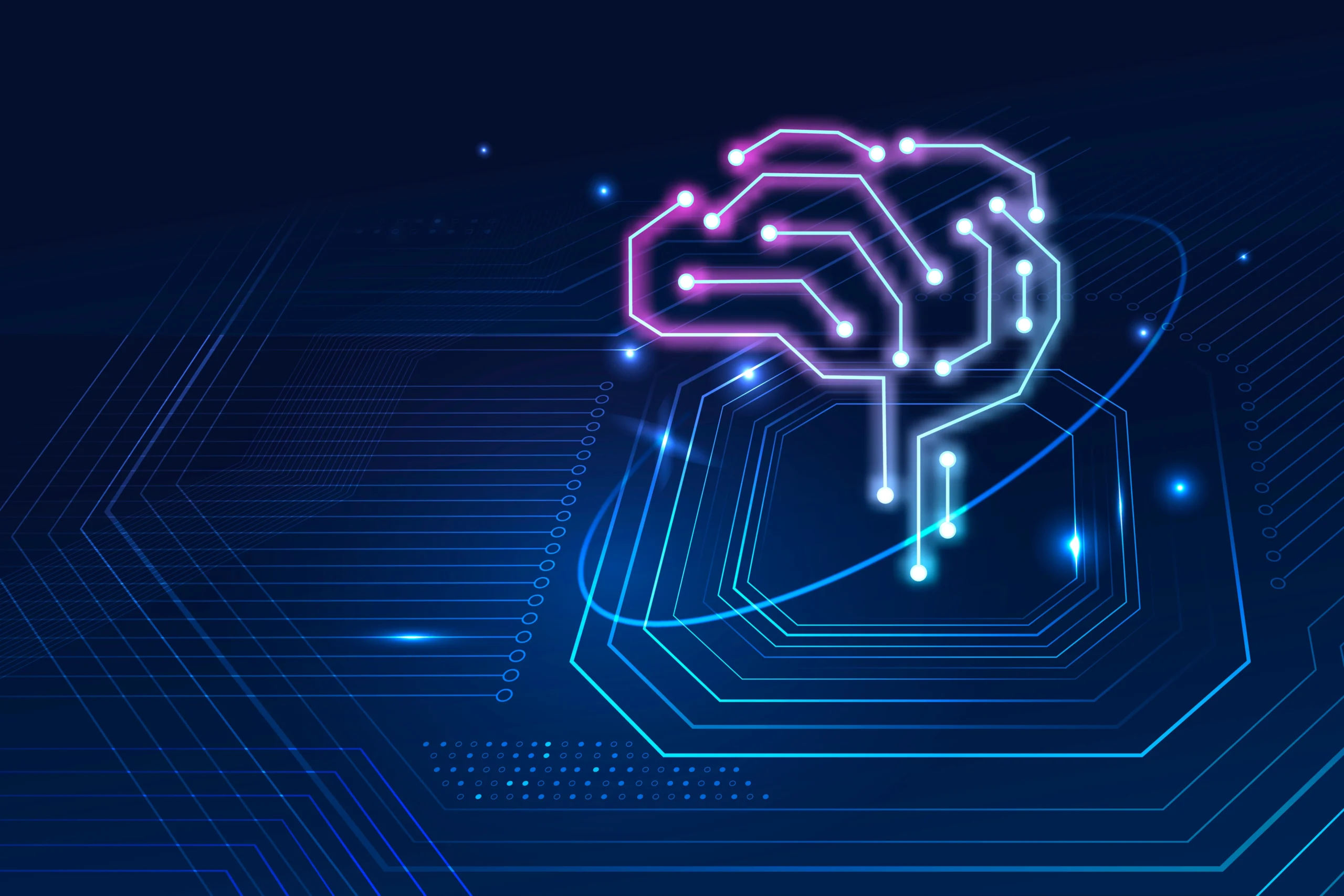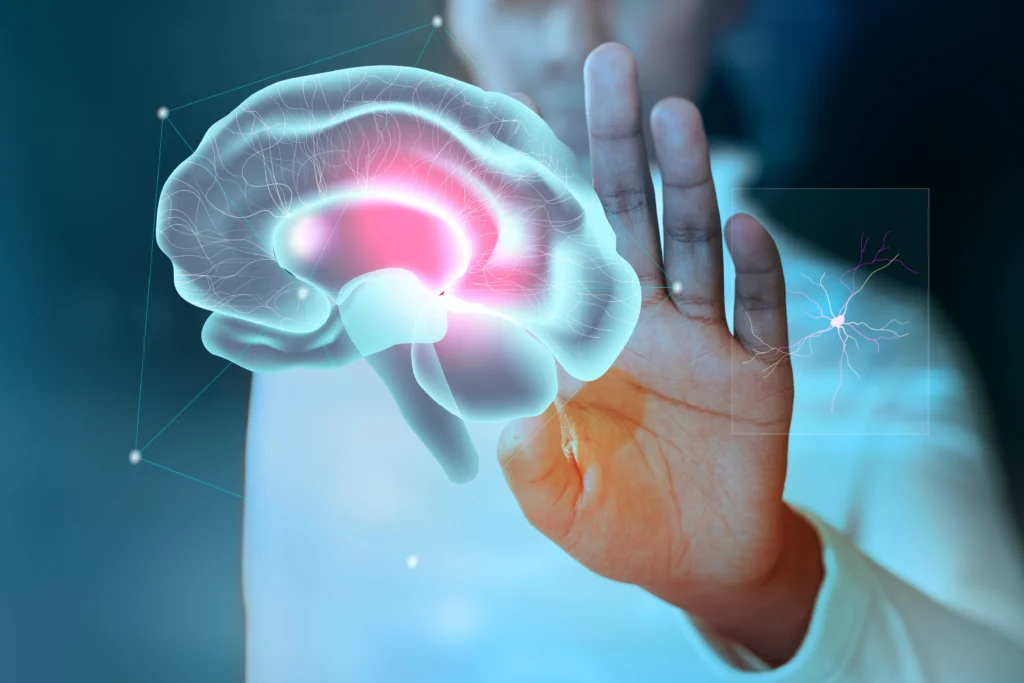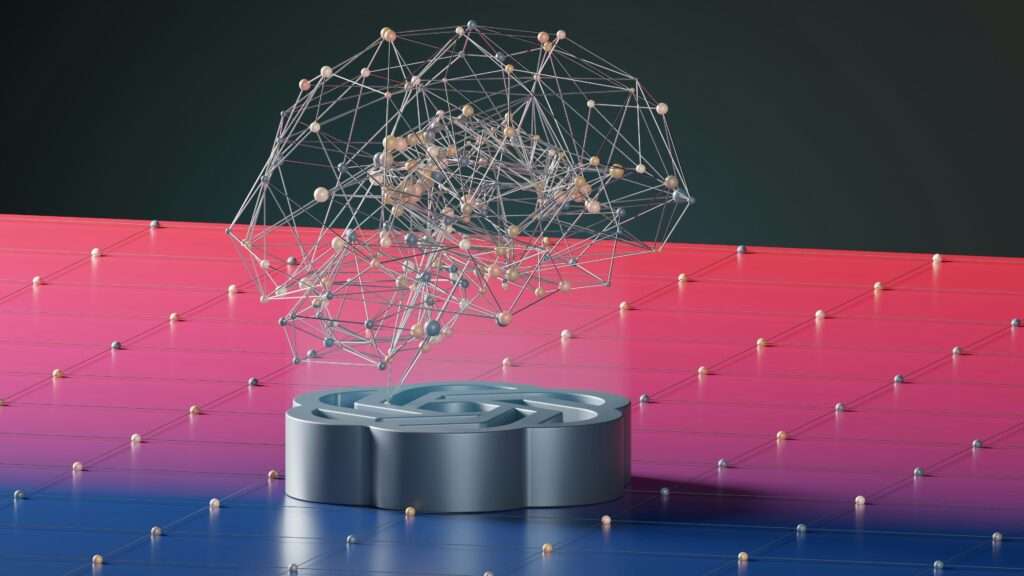
Curious about how AI and smart brains are shaping the future of human intelligence? Quench your thirst here!
What if your mind becomes super fast and intelligent enough to make you think out of the box? Imagine you no longer depend on your computers for any type of work. Yes, it is possible through smart brains. It is a mix of biology and technology that will enhance human intelligence artificially.
This milestone will drain out many brain-related disorders, impact physical performance, and offer many unseen opportunities and challenges. Therefore, let us explore the game of the seamless journey towards a future where the world could become a better place to live.
Smart Brains and Enhanced Cognitive Abilities
As humans grow, it’s natural that they start losing their cognitive abilities and face problems. Indeed, different people have different mental abilities. However, AI will give you options to choose and enhance your ability type. Imagine your learning and problem-solving power is 2x better than the natural limits. Consequently, your mind can retain data in bulk, learn new skills, and perform tasks better.
As a result, this technology may evade the need for career building, spending long, hectic years in education, and educating the masses. Ultimately, it may bring in new ideas for human development that one could not have thought about.
Solving Neurological Disorders

The technology will offer several solutions to neurological suffering. For instance, its Memory-sharpening abilities can help fight Alzheimer’s, epilepsy, or Parkinson’s, thus helping the brain to function normally. Additionally, these implants can be helpful in memory building, stabilizing moods, and even helping you recall what has already been forgotten. This improvement will speed up our evolution, enhancing the quality of life by offering new opportunities and opening possibilities for mental and emotional well-being.
Notably, Neuralink, led by Elon Musk, has already shaken the earth by making groundbreaking discoveries in the neural field. However, there is much more to come.
Enhancing Human Senses through Smart Brains
In the present world, people with disabilities suffer from many restrictions. Fortunately, Social or physical advancement aids those with hearing or vision issues. For instance, brain-computer interfaces could transmit information directly to their brains, bypassing damaged sensory organs. Moreover, these technologies will help those with sensory disabilities, offering improved quality of life.
Boosting Physical Performance
Smart brain implants can also significantly decrease the physical restrictions of the human body. This would help athletes and people with physically tiring jobs manage their movements effectively. Additionally, these implants can enhance muscle coordination, increase stamina, and reduce the number of injuries by providing information on how to avoid harmful movements.
This discovery will change sports, medicine, and physical therapy by providing better performance and recovery opportunities.
Personalized Learning Experiences
The educational system could undergo a radical transformation with the adoption of intelligent brain implants. Each individual could receive personalized learning experiences according to their unique cognitive profile. These implants could adjust the learning pace, identify knowledge gaps, and even recommend the most effective study methods.
With access to limitless information at the speed of thought, education would shift from memorization to deep understanding, preparing individuals for a future where constant learning is essential.
Workforce Transformation through Smart Brains
With smart brain implants becoming more mainstream, the workforce would undergo changes. For example, many jobs that rely on cognitive skills, data analysis, or creative problem-solving could have chance to perform better with augmented intelligence. Employees could handle complex data sets, monitor market trends in real time, and brainstorm innovative solutions. As a result, work would shift to emphasize on human ingenuity and emotional intelligence while machines will handle all information-intensive tasks.
Ethical Considerations and Privacy Concerns
Smart brain implants have many benefits but raise ethical and privacy concerns. The ability to access and change the data from the brain raises questions about who controls this information and how it is used. Could someone hack into thoughts or change emotions? There are fears about how this could be misused, like unauthorized spying or control. As a result, with these technologies growing, society will have to make rules and laws that would protect the data so that the independence and privacy of each person will be upheld.
The Role of AI and Machine Learning in Managing Smart Brains

Artificial intelligence and machine learning will be crucial in creating and maintaining smart brains. AI has the potential to manage extensive data, keeping the flow smooth. Besides this, as human nature is biased, these traits will flow into digital minds, becoming unfair towards the masses.
Also, whoever controls this technology can influence or manipulate people. Overall, relying on AI can raise concerns about digital bias, privacy, and control.
Economic and Social Impacts
The use of smart brain implants risks furthering the wealth gap. Those who can afford such technologies may benefit from school, jobs, and other aspects of life. This gives another level of advantage that could create a more fragmented society in which upgraded humans have a much greater chance at life than those who have not been upgraded. Acknowledging these inequalities informs efforts to ensure that emerging technologies serve all of humanity and not a chosen few.
Opportunities and Challenges related to Smart Brains
The use of smart brain implants risks furthering the wealth gap. Those who can afford such technologies may gain advantages in education, jobs, and other aspects of life. This could introduce a more fragmented society in which upgraded humans have a much greater chance of success than those who have not been upgraded. Therefore, identifying these inequalities is essential so that emerging technologies serve all of humanity and not a chosen few.
Conclusion
Do you want to explore the future? Smart brain implants are going to change our way of living, learning, and connection. According to Nazo Waheed in her article Future of Humanity in the AI Era, Humans can shape a meaningful life in future. Therefore, the possibilities are countless. However, as we move forward, we should be responsible. Let’s be on board with ideas that benefit everyone by safeguarding what makes us human. Join the conversation and build a Better Future!
We want to hear from you! What are your thoughts on the latest advancements in Virtual Reality? Have you experienced any of these technologies firsthand? Share your experiences and opinions in the comments below. Remember to share this post with your friends and colleagues if you enjoyed it. For more technology updates, subscribe to my website and check out my related articles.
Smart brains are often characterized by their ability to grasp complex concepts and solve problems efficiently. They are best at critical thinking and adapting to new situations in no time.
Comments (2)
Muhammad Haseeb Adilsays:
September 7, 2024 at 2:59 pmAs the world is increasingly moving towards a future characterised by Artificial Intelligence, metaverse would be its vital feature. This article provides insight into basics of the practicability of metaverse. Looking forward to more write-ups on such topics.
adminsays:
September 21, 2024 at 12:18 pmStay connected, and you will be provided with more exciting work on your topic of interest.